Saving for a deposit is a major financial milestone when buying a home in Scotland. But it’s far from the only cost involved in the process. From legal outlays to moving vans, several additional expenses can catch buyers off guard – especially if no one’s walked you through them early on.
At MOV8, we believe in complete transparency. That means no hidden costs or vague estimates – just fixed-fee services, expert advice, and clear communication from day one. Whether you’re buying a studio flat in Stirling or a semi-detached in South Queensferry, we’ll make sure you understand the full financial picture, so there are no surprises later.
Let’s take a closer look.
1. Land & Buildings Transaction Tax (LBTT)
In Scotland, if the property you’re purchasing exceeds a certain value, you’ll need to pay Land and Buildings Transaction Tax.
Here’s how that looks in practice:
- On a £200,000 property, the LBTT is £1,100.
- On a £250,000 property, it’s £2,100.
- For a £300,000 property, the tax is around £4,600.
LBTT is payable shortly before completion and cannot be added to your mortgage, so it’s important to include this in your early budgeting. For a quick estimate based on your own purchase, use Revenue Scotland’s LBTT calculator.
2. Legal Fees & Outlays
Every property purchase in Scotland requires a solicitor to carry out the conveyancing. This includes everything from negotiating the contract (missives) to registering the title and handling financial transfers.
In addition to your solicitor’s fee, you should budget for standard third-party costs such as:
- Land Register fees (paid to Registers of Scotland)
- Property searches
- Bank transfer charges
At MOV8, we offer fixed-fee legal services with no hidden extras, and our in-house solicitors work closely with our estate agency team to keep things running smoothly.
Need a tailored quote? We’re happy to help.
3. Surveys & Additional Property Checks
In Scotland, the seller provides a Home Report that includes a survey, Energy Performance Certificate (EPC), and a property questionnaire—giving you a solid overview before you make an offer.
However, you might still want to arrange additional checks in some cases:
- If the Home Report highlights urgent repairs (Category 3)
- If you’re buying an older or non-standard property
- If you simply want added peace of mind
Optional surveys can include:
- Damp or timber inspections
- Roof checks
- Drainage or structural reports
These aren’t always required, but they can protect you from costly surprises and sometimes help with renegotiating the price.
4. Mortgage-Related Costs
Most lenders will carry out their own property valuation, which may be included free with your mortgage product. Still, there are other mortgage-related costs to be aware of:
- Arrangement fee – sometimes added to your mortgage
- Booking/reservation fee – to secure a specific rate
- Early repayment/exit fees – worth considering if you plan to refinance
A qualified mortgage adviser can help you weigh these factors and choose a deal that suits your long-term plans.
5. Insurance & Protection
Your lender will usually require buildings insurance before completion. This covers structural damage due to risks like fire, flood, or subsidence.
Other types of cover to consider include:
- Contents insurance for your belongings
- Life or critical illness cover to safeguard mortgage payments
- Income protection in case of illness or job loss
Buildings and contents insurance are often bundled, but it’s important to compare policies carefully and understand what’s actually covered.
6. Moving Day Costs
Whether you’re moving from a rental or another owned property, moving isn’t free—and costs can add up quickly.
Common moving costs include:
- Van hire or a professional removal service
- Packing materials (boxes, tape, bubble wrap)
- Storage (if there’s a gap between properties)
Getting a few quotes early can help keep costs down. Some companies also offer discounts for midweek or off-season bookings.
7. Furniture, Fixtures & Fittings
The Home Report’s property questionnaire will tell you what’s included in the sale (like kitchen appliances or light fittings). But it’s rare that a property includes everything you’ll need.
Items you may have to budget for:
- Large furniture (beds, sofas, dining sets)
- Appliances not listed in the sale (washing machine, fridge)
- Soft furnishings (blinds, curtains, rugs, lighting)
Even small items add up—so make a list and allocate a budget for furnishing and finishing touches.
8. Council Tax & Utilities
You become responsible for council tax from the day you take ownership of the property, even if you’re not living in it straight away. The rate depends on your local council and the property’s assigned band.
You’ll also need to arrange your utilities, including:
- Electricity and gas
- Broadband and TV licence
- Water and sewerage (usually covered in your council tax unless using a private supply)
Setting these up ahead of time can help avoid any service interruptions when you move in.
Here for You at Every Step
Buying a home is a significant commitment, but it doesn’t have to be overwhelming. At MOV8, we offer clear pricing, expert legal and estate agency support, and straightforward advice—so you can move forward with confidence.
No hidden fees. No confusing jargon. Just honest, reliable support from day one.Want to get started? Reach out to our friendly team today.

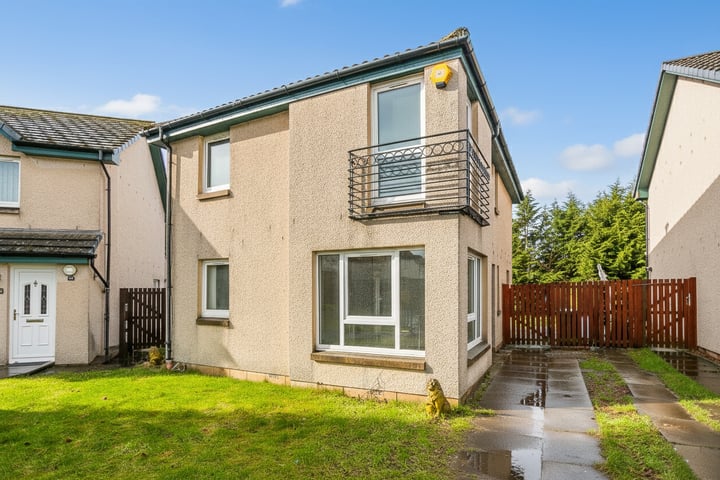

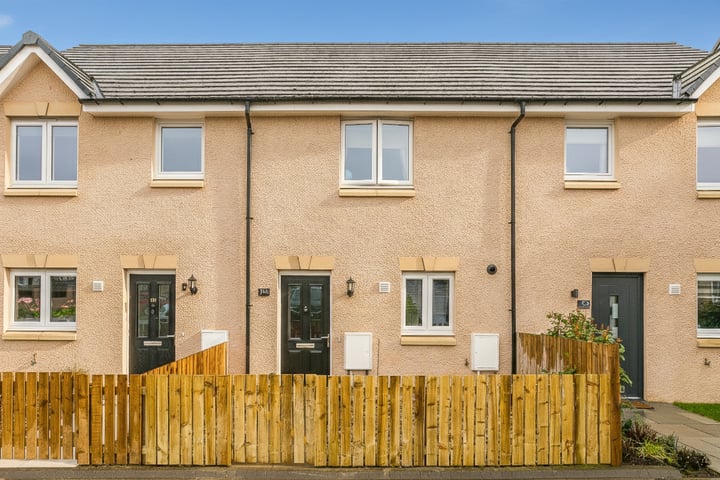
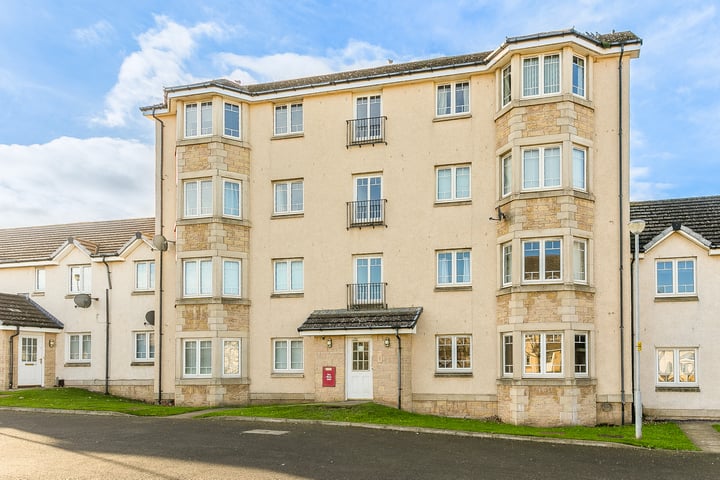
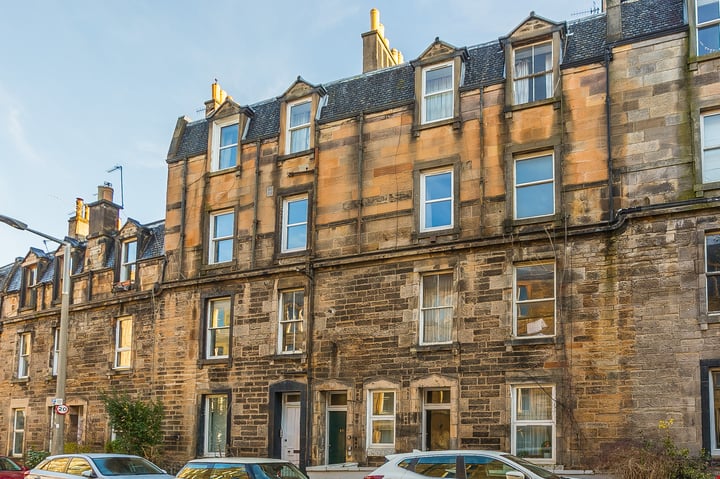
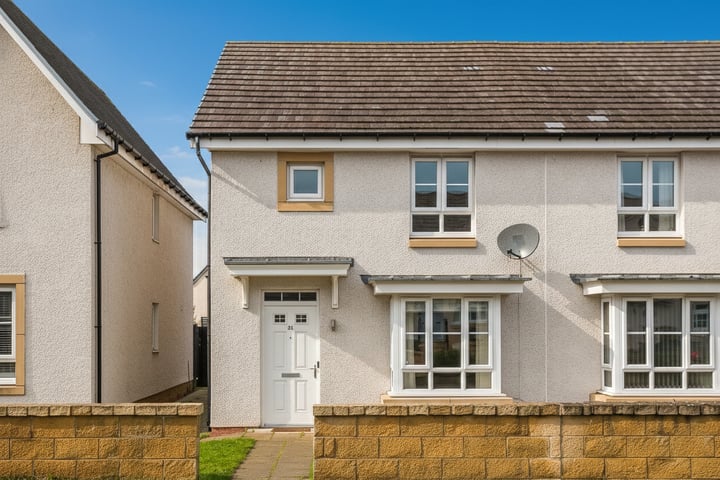
Leave a Reply